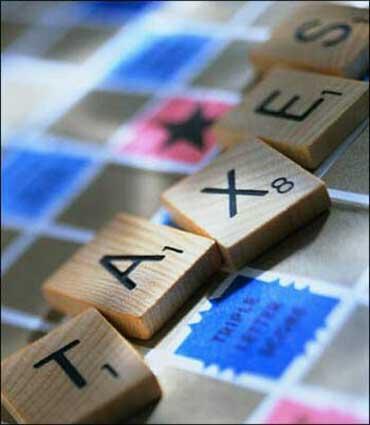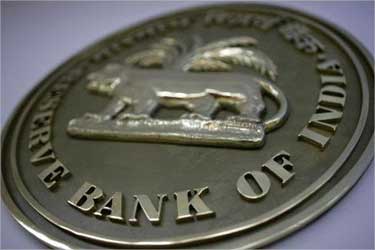
Lenders use these scores only as a preliminary filter.
Actual loan sanctions depend on their internal mechanism.
Until now, the Credit Information Bureau or Cibil provided consumers access to just their credit information report, withholding their credit scores.
However, this is set to change.
Borrowers can now access their credit scores and know how their credit performance is being rated, as well.
The rating is done on a scale of 300-900 -- 300 being the lowest and 900 being the highest.
The scores are calculated according to the proprietary model created by Cibil. Harshala Chandorkar, senior vice-president, consumer relations, Cibil, lists out the broad parameters used for calculating the score -- loan value, delinquencies in loan repayments, loan types: secured and unsecured, queries made for loans, loan request rejections, frequency of opening loan accounts, etc.
. . .

Bank's interpretation of the score
Each bank's interpretation of the score will vary and would be based on its risk appetite.
It would also differ across 'assets' or types of lending.
Simply put, each bank will determine its own cutoffs for sanctioning loans.
So, Bank A may require a minimum 700 score for approving a home loan, while Bank B may accept even a 600 score.
Having said this, typically, banks require a higher score for unsecured loans such as personal loans or credit cards.
While for secured loans, it could be slightly lower.
However, all banks do not rely on these scores for sanctioning loans. As S Rajendran, general manager, Union Bank of India, says, "We have an internal model for determining credit scores that is used while taking lending decisions, mainly for home and auto, both securitised products."
. . .

He also adds pricing decisions are not taken on the basis of the credit score. And, loan sanctions are governed by other factors such as individual's income, age, experience, etc.
Many banks would consult the Cibil report only for the borrower's repayment track record.
"More than the cumulative score, we are interested in how many times he has defaulted on the repayment of his dues," says Nandan Srivatsava, general manager, retail banking, Bank of Baroda.
Thus, lenders use these scores only as a preliminary filter in the process.
"The parameters used by Cibil as well as credit institutions for determining one's credit worthiness are roughly the same.
. . .

"Despite this, no lender will ever rely solely on their scores," says Sanjay Agarwal, senior vice-president and group head (retail strategy and branding), Arcil.
Besides, in the absence of risk-based pricing in the retail segment, a high credit score does not give you an edge either to negotiate a better interest rate.
Risk-based pricing essentially means the interest rate on a loan is also determined by the lender's estimate on whether the borrower would default on the loan.
So, while it is done for individual product categories, the sheer number of retail customers makes it difficult for such a large client base.
. . .

New entrants
Besides Cibil, there are other credit rating companies such as Equifax and Experian in the fray, as well.
These companies are still building on their database.
At a later date, most banks may either align themselves with one of these agencies or work out a system for taking an average of all scores.
Irrespective of what option they pick, a perfect score from these agencies will still not guarantee credit, at least in the current scenario.
Access it
Your CIR reflects the credit history over a three-year period and is updated on a regular basis.
The score, however, will be calculated only when an enquiry is made, says Chandorkar.
Consumers must pay Rs 450 for the score plus CIR.
Alternatively, they can pay Rs 142 for just CIR each time they want to access the information from Cibil.
The application process for getting the score is the same as applying for CIR -- you can pay online, through the Cibil website, take a print out of the form and mail it to the company, along with documents providing address and identity proof.
So, despite paying a higher amount for getting your score, there seems to be no clear advantage in sight. A CIR may serve you just as well.